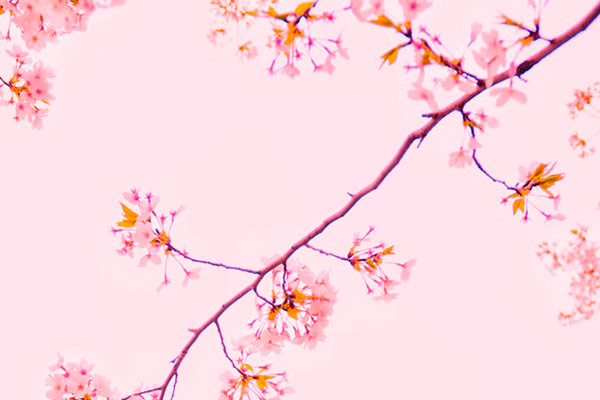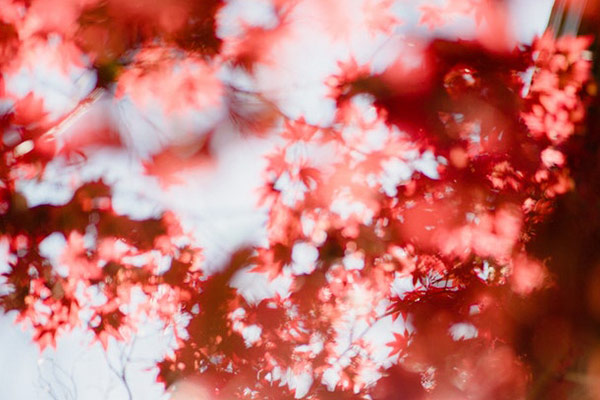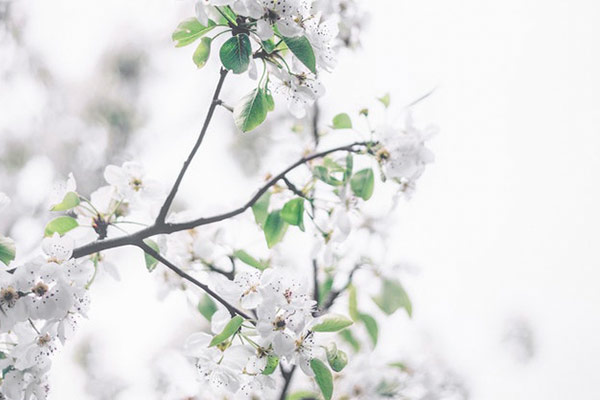Before one comes to this realization, the way to practice with a mind free of clinging and concepts is to conduct all practices earnestly, faithfully and whole-heartedly with the conviction of renunciation and bodhicitta. Though, for the time being, there is still certain difficulty in truly freeing the mind of attachments and concepts, as long as renunciation and boshicitta are firmly established, the true nature of phenomena will become fully evident over time. This is because the relationship between bodhicitta and realization of emptiness is one of interdependence. In other words, renunciation and bodhicitta will arise spontaneously upon realizing emptiness; emptiness shall be realized with relative ease once renunciation and bodhicitta have been generated.
~ Depicted from THE RIGHT VIEW - The Three Supreme Methods—the ultimate methods of cultivating virtue and training the mind











